
I was always fearless, I would say. And passionate. I remember being interviewed for my position – I told them – "This is what I've wanted to do my whole life - this is it. This is my calling."
My name is Cynthia and I am a legal officer in the ICC's Judicial Chambers.
I work directly with ICC judges and offer legal advice. Behind each Chamber, there is a team of officers who track, evaluate and analyse every detail of a case. We can offer advice, for example, on how to best interpret a matter of law, or how to best express the judge's reasoning in a decision or dissenting opinion.
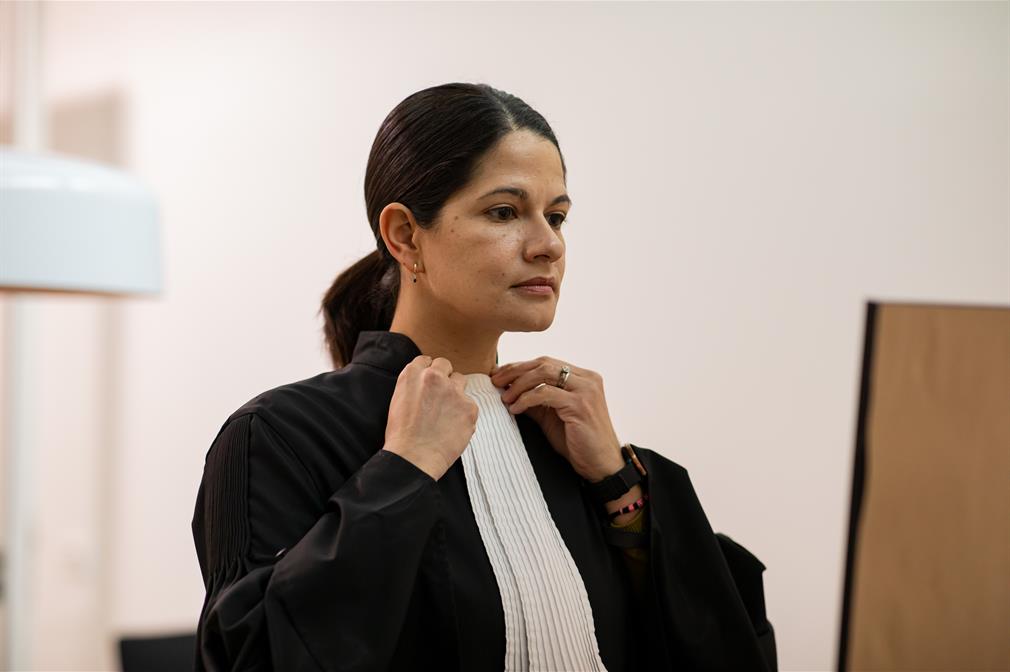
Once the judges have made a decision, we support them in drafting the reasoning of the decision. We work closely with the judges on this, and it is a crucial part of our job, as the decisions and dissenting opinions become part of case law. I am very proud of the contribution we legal officers make.
Meant to be
Since I was 17, I knew I wanted to be an international human rights lawyer. Back in 1995, still in high school in Costa Rica, I had a chance to participate in the Model UN. Through their focus on human rights issues, I started grappling with atrocities in Rwanda and the former Yugoslavia: genocide and rape as a tool of war. In the same year, I attended a lecture by Judge Odio Benito, and, hearing her views on these issues, I was totally amazed. All I could think was: "I want to be her."
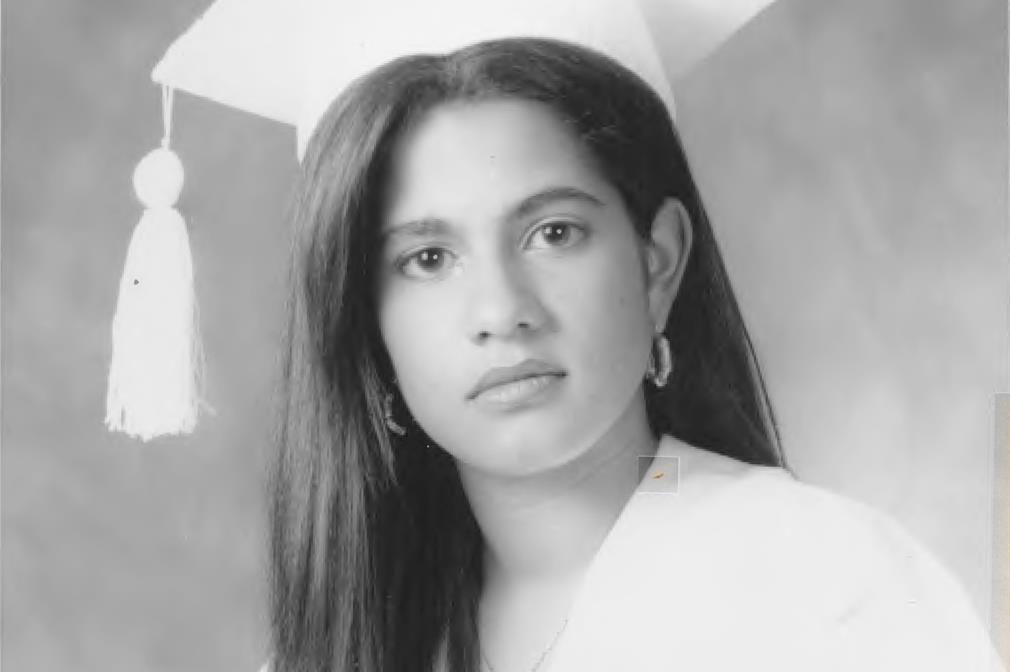
Fast forward a few years, while I went through law school, the ICC was created in 2002. When the Court's doors opened the very next year, I jumped at the chance to apply for an internship. Three days later they called me and asked me to start the very next week. I could barely catch my breath, thinking "This was meant to be!"
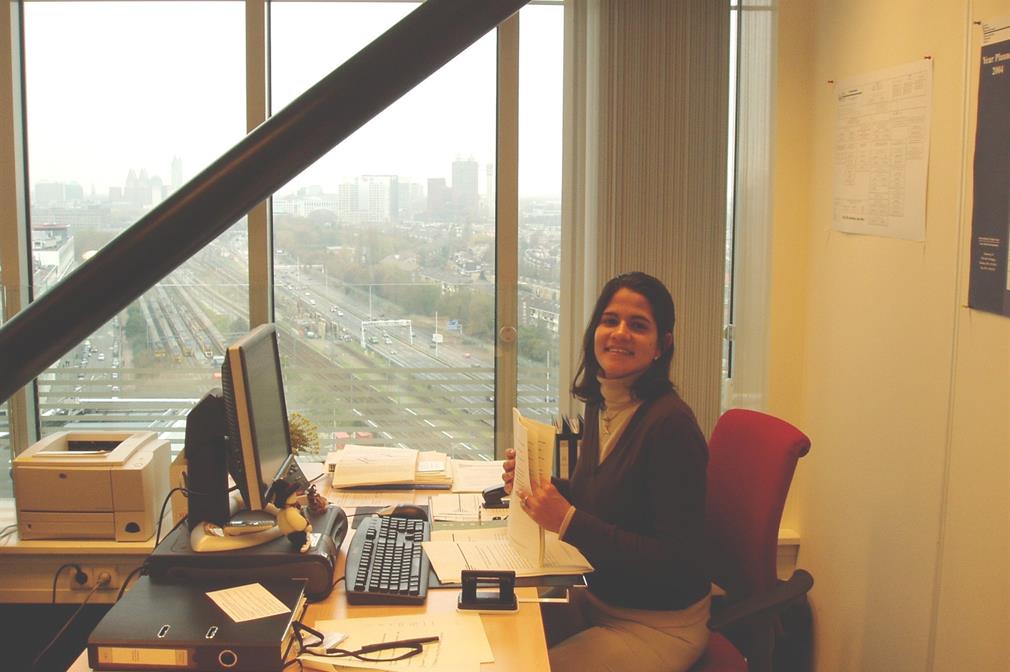
Turns out, a judge's intern had cancelled at the last minute, and I applied at just the right moment. Pure luck. Little did I know, my judge happened to be the same floor as Judge Odio Benito, so on the third day of my internship, when Judge Odio Benito breezed into my office to say hello, I was like: "My hero!"

The rest is history. After my internship, I was hired to work as a Legal Officer in the Trial Division. I worked throughout the Lubanga case, which focused on conscripting and using child soldiers.
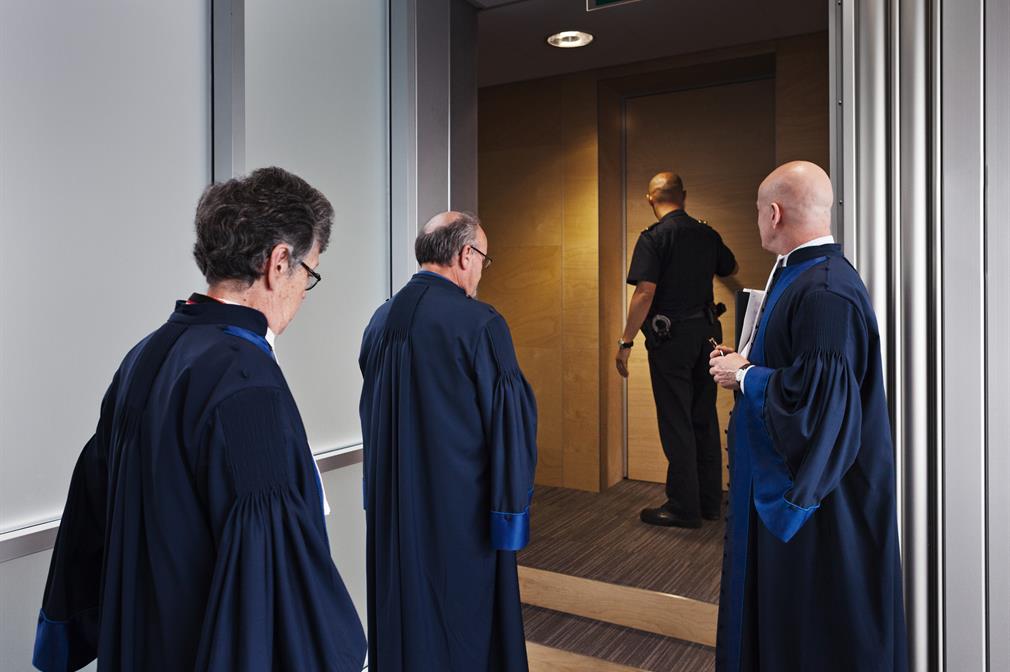
I did my Ph.D. on the topic of children's rights and international criminal proceedings, and I am passionate about certain issues, particularly how international crimes affect children. Also, because of my prior work at an NGO supporting women's rights, I am very interested in sexual and gender-based violence. At the ICC, in so many of our cases, these issues are raised time and again, so working here, even though the atrocities we deal with are extreme, I am in my element.
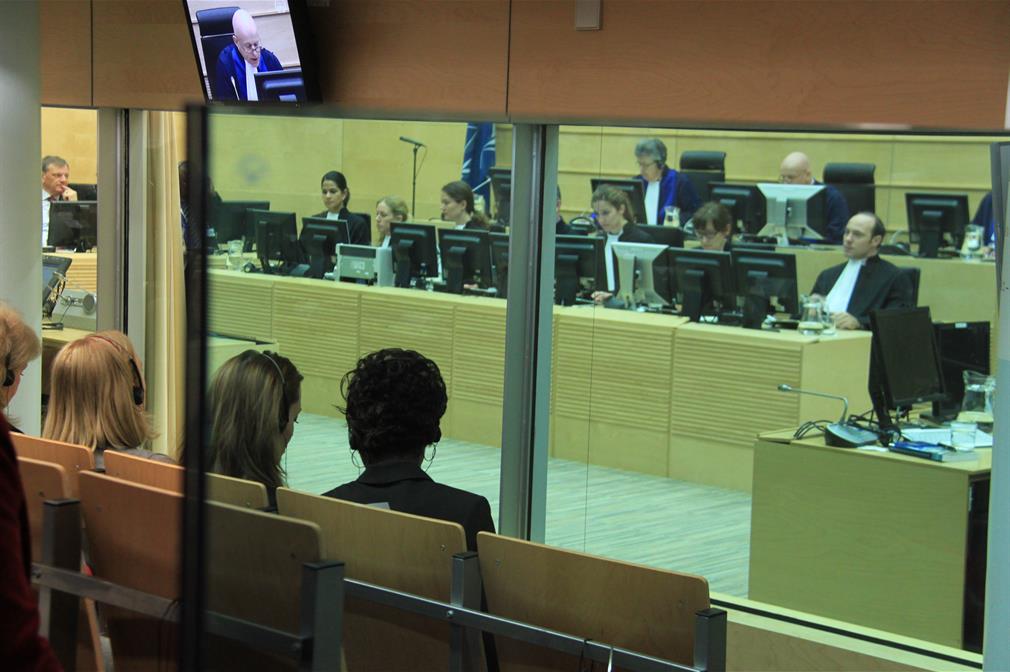
Nothing personal?
Throughout the years, I have worked with multiple Chambers in various cases. On the one hand, I've learned that you can't take a case personally, and that my advice is merely technical. It's cerebral. It's the law.
But, on the other hand, there are some things that just stick with you. Some witness statements you never forget. I see it as a strength – to always think of the people we work for. To base our careers on bringing justice to the persons living in a situation country. To care.

I have learned so much from the judges I have assisted and my colleagues, and I can only hope it's a two-way street. They both changed the way I think, and I would venture to say I've offered new perspectives for them to consider.
In that sense, perhaps some things are meant to be.
.jpg)
.jpg)